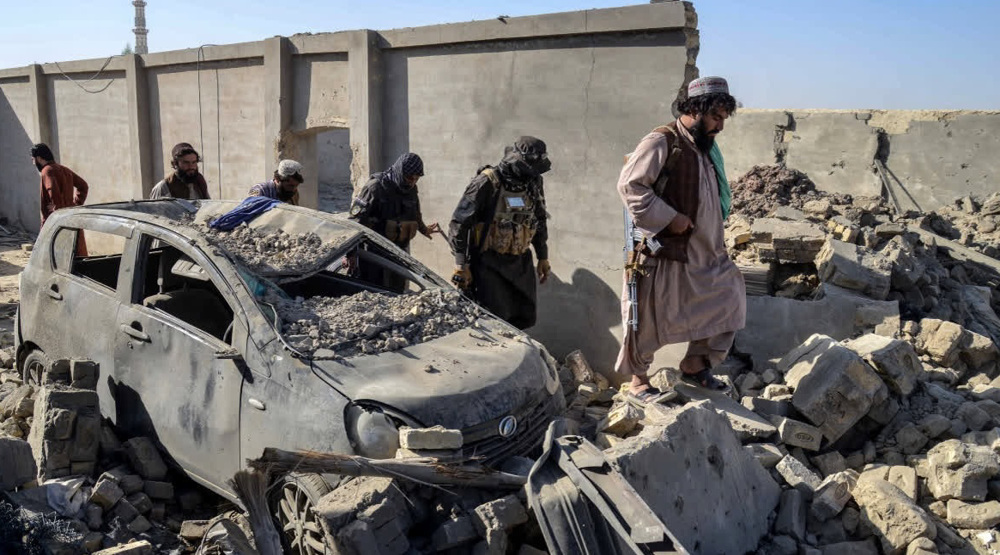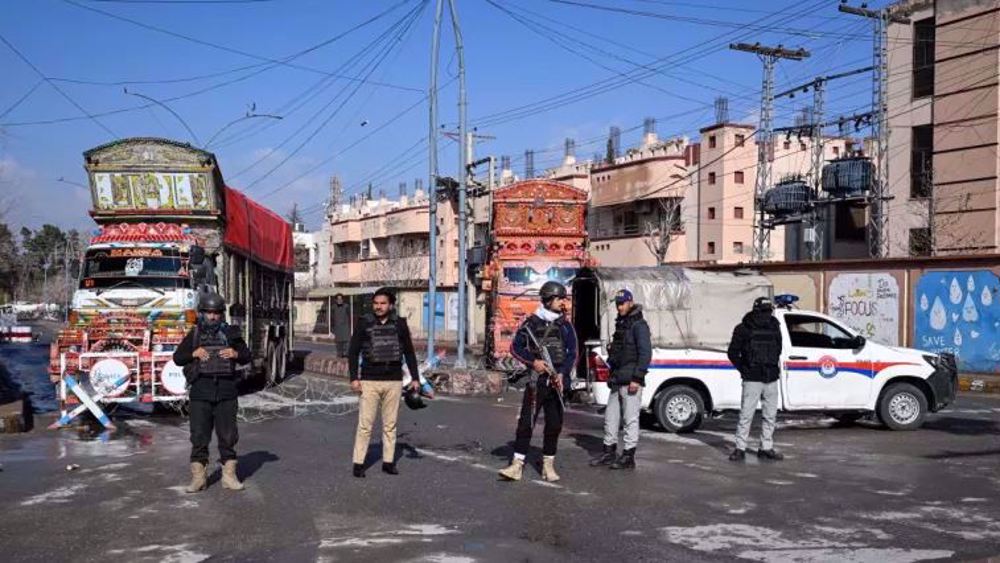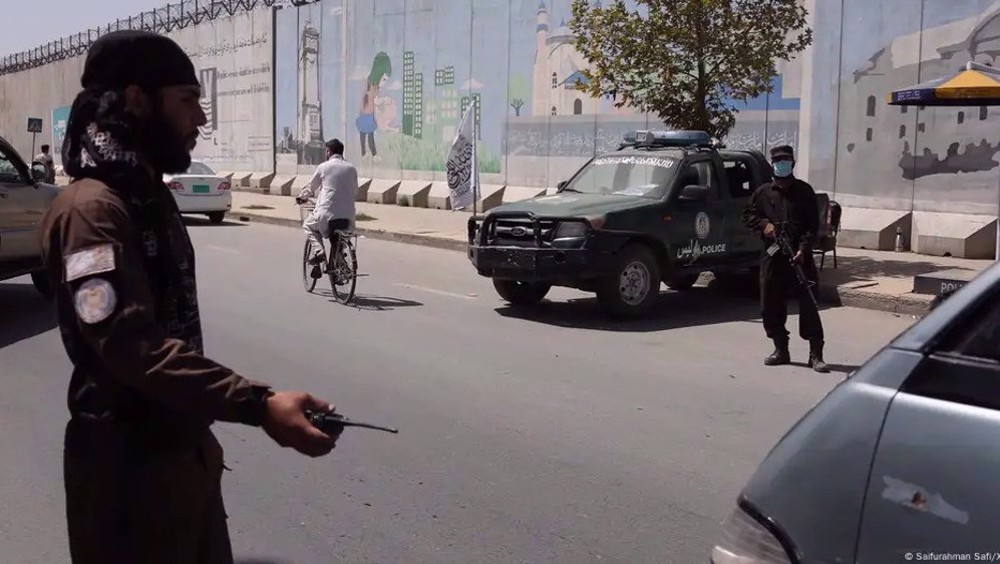Roadside bomb explosions in Afghanistan kill three, wound 20
Two separate roadside bomb explosions have killed at least three people including a child and wounded 20 others in Afghanistan as several parts of the war-ravaged country continue to contend with rising violence.
In the first attack, a roadside bomb blast on Sunday targeted a police car in the capital Kabul, killing the driver and a nearby child as well as wounding five other civilians.
The second explosion was caused by a bomb placed in a crowded market in southern Helmand province, killing one civilian and wounding 15 others including two policemen.
The attacks come a day after at least five people were killed after several explosions rocked Kabul Saturday morning
The majority of bomb attacks in the capital Kabul in recent months have been sticky bombs — explosive devices with magnets that are attached to vehicles and detonated by remote control or timer.
Kabul and other major Afghan cities have seen a series of attacks and targeted killings against members of security forces, judges, government officials, civil society activists and journalists in recent weeks.
Afghan and US officials have blamed the string of assassinations on the Taliban militants.
The Afghan government earlier announced that it arrested members of a militant group behind making and deploying sticky bombs in Kabul and elsewhere across the war-ravaged country.
The developments come as both local security forces and the Taliban are preparing for fresh fighting in the spring.
The surge in violence comes despite the Afghan government and the Taliban negotiating to find an end to years of bloodshed in the country.

The US along with its NATO allies invaded Afghanistan in 2001 under the guise of fighting terrorism and dismantling the Taliban.
The invasion — which has turned into the longest war in US history — removed the Taliban from power, but the militant group has never stopped its attacks, citing the foreign military presence as one of the main reasons behind its continued militancy.
Nearly two decades after the invasion, Washington struck a deal with the Taliban in the Qatari capital of Doha early last year.
Under the deal, all foreign troops were expected to leave Afghan soil by May in exchange for the Taliban to halt their attacks on American forces.
NATO defense ministers on Thursday met in Brussels to discuss the possibility of staying in Afghanistan beyond the May withdrawal deadline agreed between the Taliban militant group and the United States under the administration of former US president Donald Trump.
The former White House tenant reached the accord in February 2020, under which the US and its NATO allies are expected to withdraw all troops in 14 months in exchange for the Taliban to halt attacks on foreign forces.
The administration of President Joe Biden says it is reviewing whether to stick to a looming May 1 deadline to withdraw or risk a acklash from the Taliban.
'Defeat is certain for them’: Iran Army chief derides enemy’s claim of invincibility
Explainer: How job scarcity is pushing working-class Americans to enlist in the military
Israel abducted over 100 Palestinians in West Bank since start of Ramadan: Rights group
Israel conducted 41 incursions into Syria in February amid HTS silence: Report
In letter to Araghchi, Hamas outlines repeated Israeli violations of Gaza ceasefire
Pezeshkian says ‘encouraging' signal received in US talks but Iran ready for any scenario
North Korea’s Kim re-elected Workers’ Party general secretary
Iran, Oman consult on arrangements for next round of nuclear talks










 This makes it easy to access the Press TV website
This makes it easy to access the Press TV website